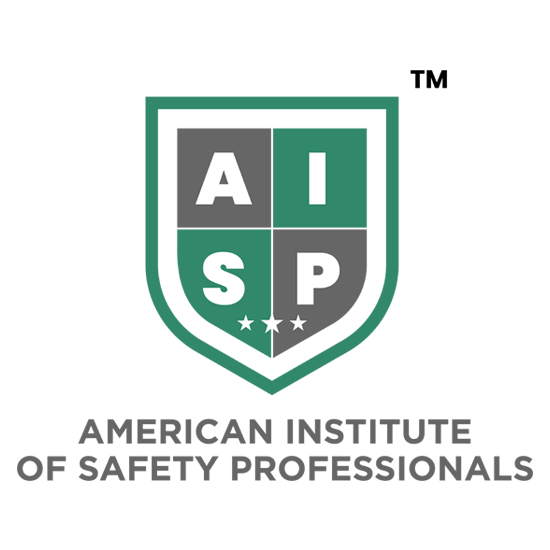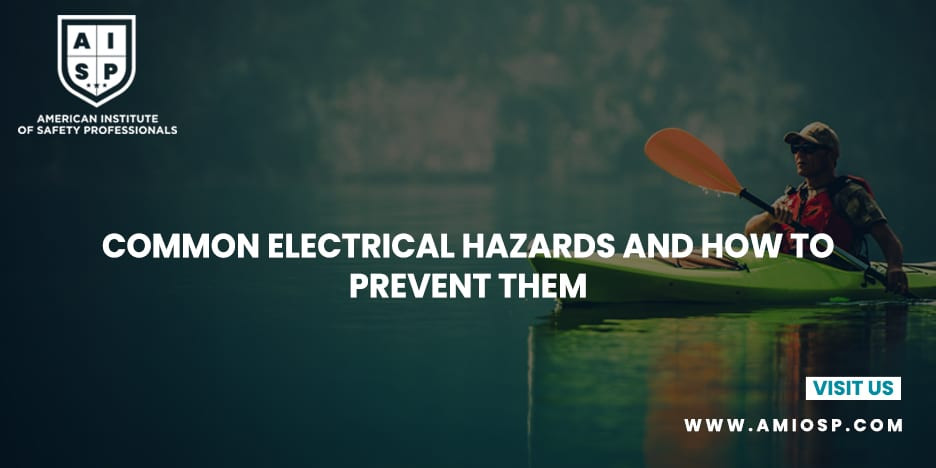Electricity is an essential part of our modern lives. From powering our homes to driving our industries, it plays a vital role in our daily activities. However, it's crucial to remember that electricity can be extremely dangerous if not handled with caution. Electrical hazards can result in severe injuries, fires, or even fatalities. In this blog post, we will discuss some of the most common electrical hazards and provide practical tips on how to prevent them.
Electrical Fires:
One of the most significant risks associated with electricity is the potential for fires. Electrical fires can occur due to overloaded circuits, faulty wiring, or electrical equipment malfunctions. To prevent electrical fires, it is important to take the following precautions:
- Regularly inspect and maintain electrical systems in your home or workplace. Ensure that all wiring, outlets, and electrical panels are in good condition. If you notice any signs of damage or wear, such as frayed wires or burn marks, have them repaired or replaced immediately.
- Avoid overloading outlets by plugging too many devices into a single socket. Distribute electrical loads evenly among outlets and use power strips with built-in surge protection. This will help prevent overheating and electrical sparks.
- Replace damaged cords, frayed wires, or loose electrical connections immediately. Do not attempt to repair electrical equipment yourself unless you are a trained professional. Faulty connections can lead to sparks and short circuits, increasing the risk of fires.
- Install circuit breakers and ground fault circuit interrupters (GFCIs) to protect against electrical overloads and short circuits. These safety devices can shut off power in case of a fault and prevent fires. Make sure they are installed in appropriate areas, such as kitchens, bathrooms, and outdoor spaces.
- Keep flammable materials away from electrical equipment. Store chemicals, cleaning agents, and other flammable substances in separate areas to minimize the risk of fire. Also, avoid placing combustible items near heat-generating appliances or outlets.
Electric Shocks:
Electric shocks can cause severe injuries or even death. They can occur when someone comes into contact with an exposed live wire or a faulty electrical device. Follow these measures to prevent electric shocks:
- Ensure all electrical outlets have appropriate cover plates. If you have young children, consider installing tamper-resistant outlets to prevent accidental insertions.
- Use ground fault circuit interrupters (GFCIs) in areas where water is present, such as kitchens, bathrooms, and outdoor spaces. GFCIs can detect imbalances in electrical currents and quickly shut off power to prevent shocks. Test GFCIs regularly to ensure they are working correctly.
- Keep electrical devices away from water sources. Avoid using electrical appliances near sinks, bathtubs, or pools. If water comes into contact with electrical equipment, it can increase the risk of electric shocks.
- Avoid using electrical devices with wet hands. Always dry your hands thoroughly before touching switches, outlets, or electrical equipment. Moisture can enhance conductivity, making electric shocks more likely.
- Insulate exposed wires and cables with appropriate covers or conduit. If you notice any damaged insulation, have it repaired immediately to avoid the risk of electric shocks? Insulation provides a protective barrier against direct contact with live wires.
Faulty Wiring:
Faulty wiring is a common electrical hazard that can lead to electric shocks, fires, or short circuits. To mitigate this risk, consider the following preventive measures:
- Hire a professional electrician to inspect the wiring in your home or workplace regularly. They can identify any potential issues and perform necessary repairs or replacements. Regular inspections can help identify worn-out or outdated wiring that may pose risks.
- Replace outdated or damaged wiring promptly. Older homes may have outdated electrical systems that are not equipped to handle the demands of modern appliances and electronics. Upgrading the wiring can significantly reduce the risk of electrical hazards.
- Avoid using extension cords as permanent wiring solutions. Extension cords are designed for temporary use and can become a fire hazard if used improperly. If you need additional outlets, consider having a licensed electrician install them.
- Do not run electrical cords under carpets or rugs. This can cause the cords to overheat and create a fire hazard. Instead, use cord covers or secure the cords along baseboards or walls.
- Ensure that wiring is properly grounded to prevent electrical surges. Grounding provides a path for electrical currents to flow safely into the ground, protecting you and your electrical devices. Make sure your electrical system has a proper grounding system in place.
Improper Use of Electrical Equipment:
Improper use of electrical equipment can increase the likelihood of accidents and electrical hazards. Follow these guidelines for safe use:
- Read and understand the user manuals and safety instructions for all electrical devices. Familiarize yourself with their proper operation and any precautions or warnings mentioned. This will help you use the equipment correctly and avoid potential hazards.
- Use the right type and size of electrical cords and plugs for each device. Using the wrong cord or plug can result in electrical overloads or damage to the equipment. Check the device's specifications and choose cords and plugs accordingly.
- Unplug electrical equipment before cleaning or performing maintenance. This ensures that you don't accidentally come into contact with live wires or components. Always follow manufacturer guidelines when cleaning or servicing electrical devices.
- Avoid using damaged or faulty electrical equipment. If you notice any signs of damage, such as frayed cords, exposed wires, or unusual noises or smells, discontinue use and have the equipment inspected or repaired by a qualified professional. Using faulty equipment can increase the risk of electric shocks or fires.
- Regularly check and replace batteries in portable electrical devices. Dead or weak batteries can cause equipment malfunctions or unexpected power loss, potentially leading to accidents. Follow the manufacturer's recommendations for battery replacement intervals.
Overhead Power Lines:
Overhead power lines pose a significant electrical hazard, especially when working near them. Here are some precautions to consider:
- Maintain a safe distance from overhead power lines, both horizontally and vertically. Contact with high-voltage power lines can be fatal, so always exercise caution when working or operating equipment in their vicinity. Keep a safe clearance distance, as specified by local regulations or the utility company.
- Never touch or approach a downed power line. Fallen power lines may still be energized and pose a serious risk. Keep yourself and others at a safe distance and report the situation to the local utility company immediately.
- Use caution when operating equipment, such as cranes or ladders, near power lines. Maintain a safe clearance distance as specified by local regulations or the utility company. Contact the utility company if you need assistance or guidance on working near power lines.
- If you plan to dig or excavate in your yard or any other location, contact the appropriate authorities or utility companies to identify the location of underground power lines. Digging into a power line can have severe consequences, including electrical shocks, power outages, and property damage.
By following these preventive measures, you can significantly reduce the risk of electrical hazards in your home or workplace. Remember that electrical safety is everyone's responsibility, and a little caution can go a long way in preventing accidents and protecting lives.
Conclusion:
Electrical hazards are a serious concern, but with proper knowledge and preventive measures, they can be effectively managed. Regular inspections, prompt repairs, and adherence to safety guidelines are vital to maintaining a safe electrical environment. By taking electrical safety seriously












0 comments
No Comments